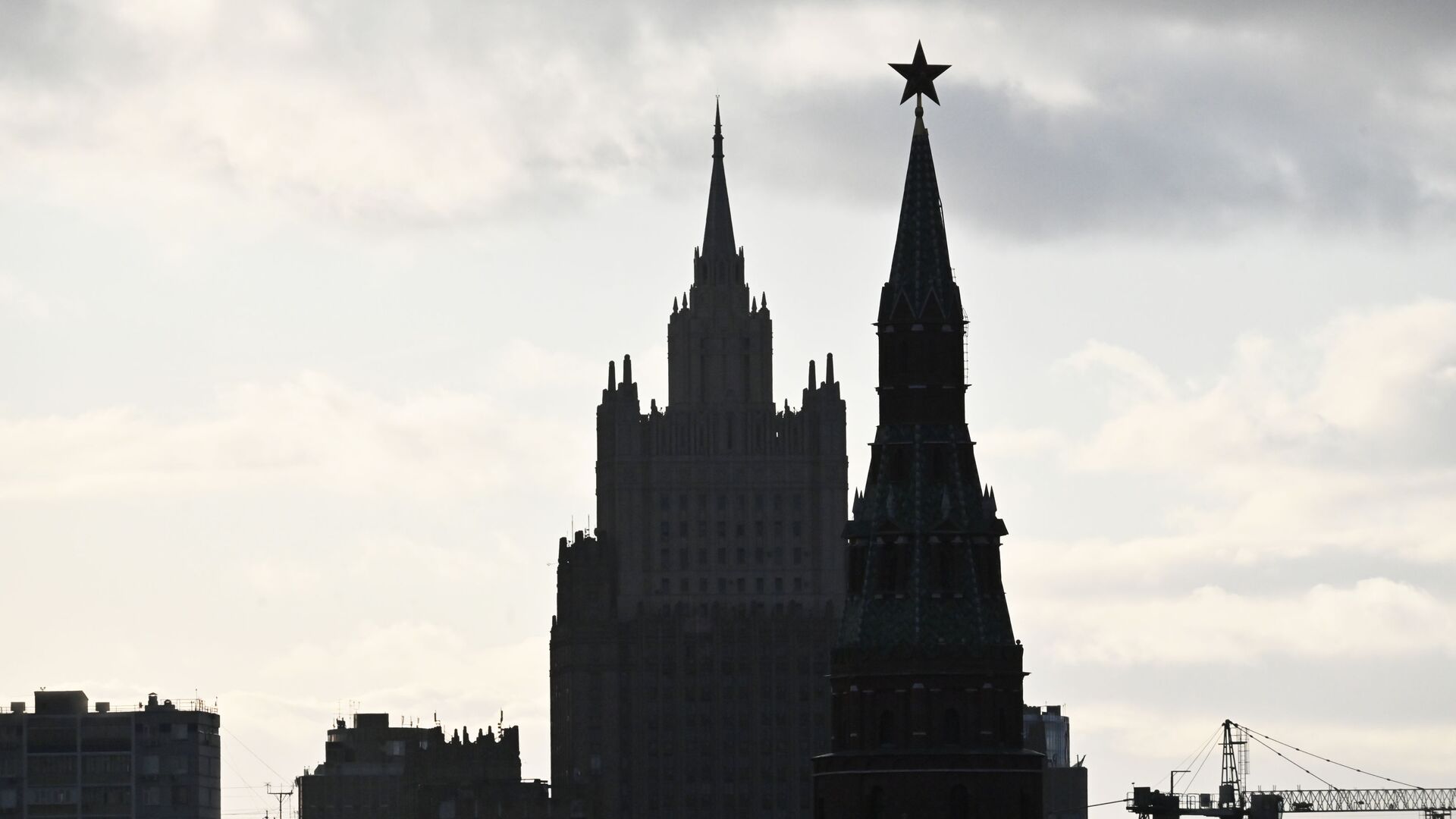Russian Ambassador to the United States Anatoly Antonov will fly to Moscow March 20 for talks on bilateral relations, the Russian Embassy in the US announced in a statement.
“Russian Ambassador to the United States A.I. Antonov will fly to Moscow on March 20 for a consultation. During the meetings in the Ministry of Foreign Affairs of Russia and other departments it is planned to discuss ways to correct Russian-American ties in the crisis,” the embassy said.
The embassy also said ill-considered statements by US leaders have endangered relations with Moscow.
Earlier on Wednesday, US State Department Deputy Spokesperson Jalina Porter declined to say whether the Biden administration would recall its ambassador in Russia for consultations. Porter further commented on the recall of the Russian ambassador, adding that the United States will work with Russia to advance US interests while holding Moscow accountable.
Commenting on the events, Russian Foreign Ministry spokeswoman Maria Zakharova said that the United States has brought Russian-US ties “to a dead-end” in recent years. She added that “due to the fact that the atmosphere is already heated enough, I will simply say that I cannot remember anything like that.”
Russia recalled the ambassador following allegations that Moscow interfered in the 2020 US presidential election and Joe Biden’s remarks on ABC New that he considers Russian president Vladimir Putin to be “a killer.” Asked if Biden was speaking literally or metaphorically when he called the Russian leader “a killer,” White House Press Secretary Psaki said that she does not have any more analysis to provide on that issue.
#BREAKING Biden states that Putin is a "killer" and needs to pay the "price" for his actions. pic.twitter.com/awHfASPUcf
— Turan Gafarli (@ATuranQ) March 17, 2021
On Tuesday, US intelligence released a new report alleging that Putin had authorized the Russian government's "influence operations" to undermine then-Democratic candidate Biden during the 2020 election and to exacerbate political divisions in the US. According to CNN, the US may roll out new Russia sanctions over the alleged interference as early as the next week.
The Kremlin, in turn, qualified the report as "absolutely groundless and unsubstantiated," expressing the belief this is just a pretext for introducing new restrictions. Kremlin spokesman Dmitry Peskov added that Russia did not interfere in the vote and had nothing to do with campaigns against any candidates. Washington's sanctions policy could further aggravate the bilateral relations, he noted.
Russian Deputy Foreign Minister Sergey Ryabkov told Sputnik that buildup of sanctions pressure by Washington against Moscow did not add any chances for the normalisation of bilateral relations, adding that the responsibility for this rests entirely with the United States.
Russia has repeatedly denied allegations of involvement in election interference.
Similar accusations were introduced in the aftermath of the 2016 presidential campaign in the United States, also known as Russiagate. Then, it was claimed that former American president Donald Trump conspired with the Russian government in order to boost his chances for victory. However, the final report of Special Counsel Robert Mueller’s investigation found no evidence of collusion between Russian officials and Trump's campaign.



